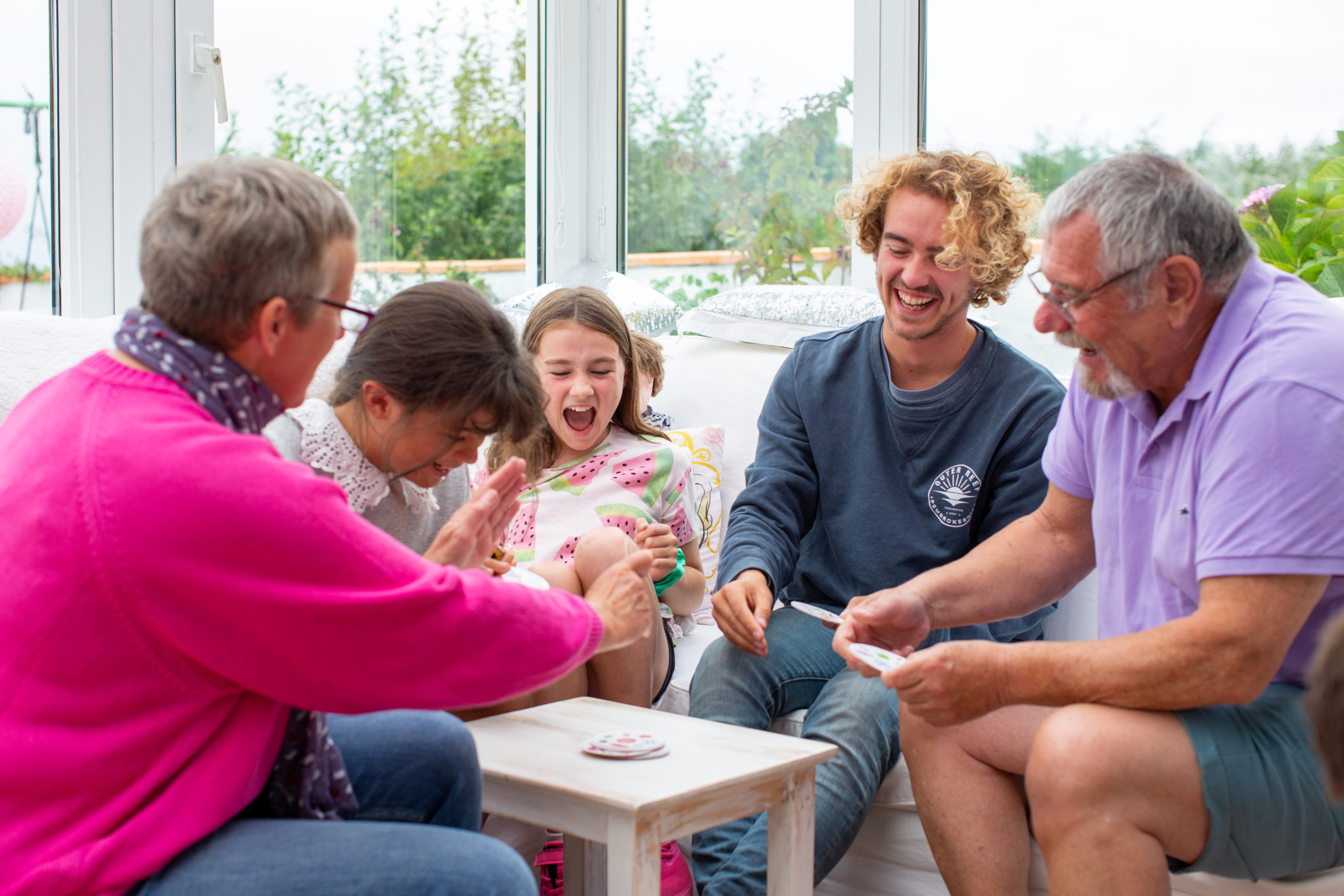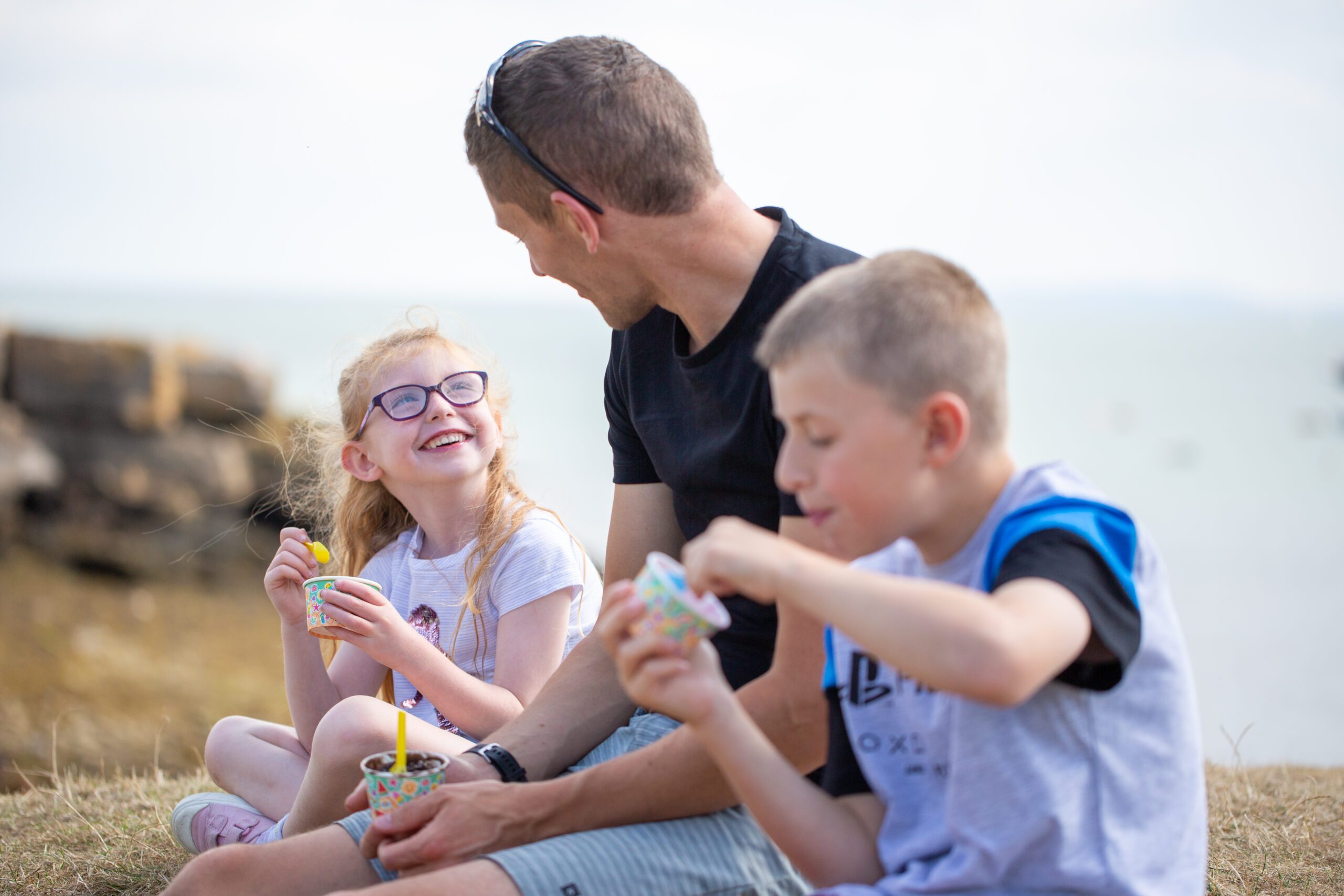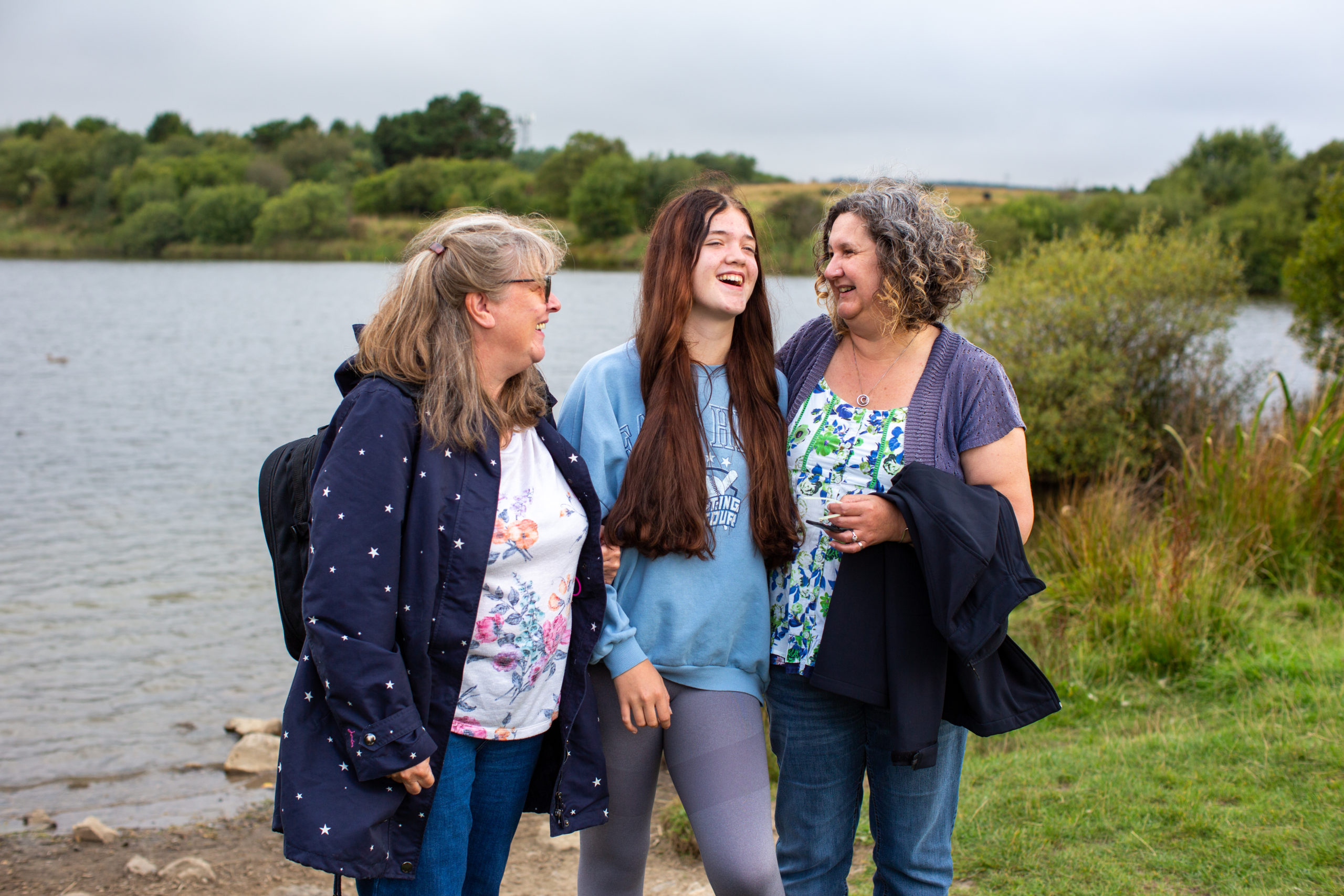types of fostering
types of foster care
Home. A place to live, a place to learn, a place to laugh. A place to be loved.
There are different kinds of foster care but all of them share this in common. They provide a home, a safe space where children can grow.
Fostering can mean an overnight stay, a short-break or something more long-term. No two children are the same and neither is the foster care they need. There is no typical foster family.
short-term foster care

In fostering, short-term can mean an hour, a day, a month or a year! It means that the plans for a child are still being thought through.
As a short-term foster carer you work with us on the journey to securing the ‘long-term’ (sometimes called permanence).
This means always being there to help a child while they need you, and then helping them to move on too; to their family, another foster family or adoption.
long-term foster care

For children who can’t live at home, long-term foster care means thoughtful matching, bringing together the right foster child with the right carer for as long as they need you.
It’s about providing a secure environment and a safe space, and offering permanence.
For a child it means a stable foster family for life.
specialist kinds of foster care
Short-term and long-term cover all kinds of foster care, including some more specialist types which have a specific type of approval. These could include…

short breaks
Short breaks can mean taking a child in overnight, during the day or at weekends.
They’re planned in advance and can be regular, too.
It’s about offering new experiences and opportunities. It means coming together to make a difference.

parent and child
With parent and child placements, you share your own parenting experience with someone who really needs that support. You nurture the next generation so that they can do the same. It’s all about helping parents build up the skills they need, both personally and for their child.

therapeutic care
Children with more complex needs sometimes require a different kind of care, and that’s where therapeutic placements come in. Therapeutic carers and their children have an extra level of support available.

young refugees
Whether it be for a day, a week, a month, or a year, you can provide support, stability and guidance for a young refugee.
Your support can provide a young refugee with the life skills they need.
supported lodgings
Leaving home is daunting and exciting for any young person. When a young person is leaving foster care or doesn’t have family to support them, this can be more challenging.

You could help a young person aged 16-21 by providing a bridge between care and living independently. You’d support the young person in a similar way to a lodger. You wouldn’t be registered as a foster carer and will be assessed differently.
You’d provide them with a spare bedroom but also help them to attend education, job-seeking or training and with life skills like cooking and budgeting. Supported lodgings is a great way to get started in caring for young people, alongside your other commitments.
find your local foster wales team
As the national network of Local Authority fostering services across Wales, we're by your side wherever you are. Enter your postcode to find your local foster care team.
